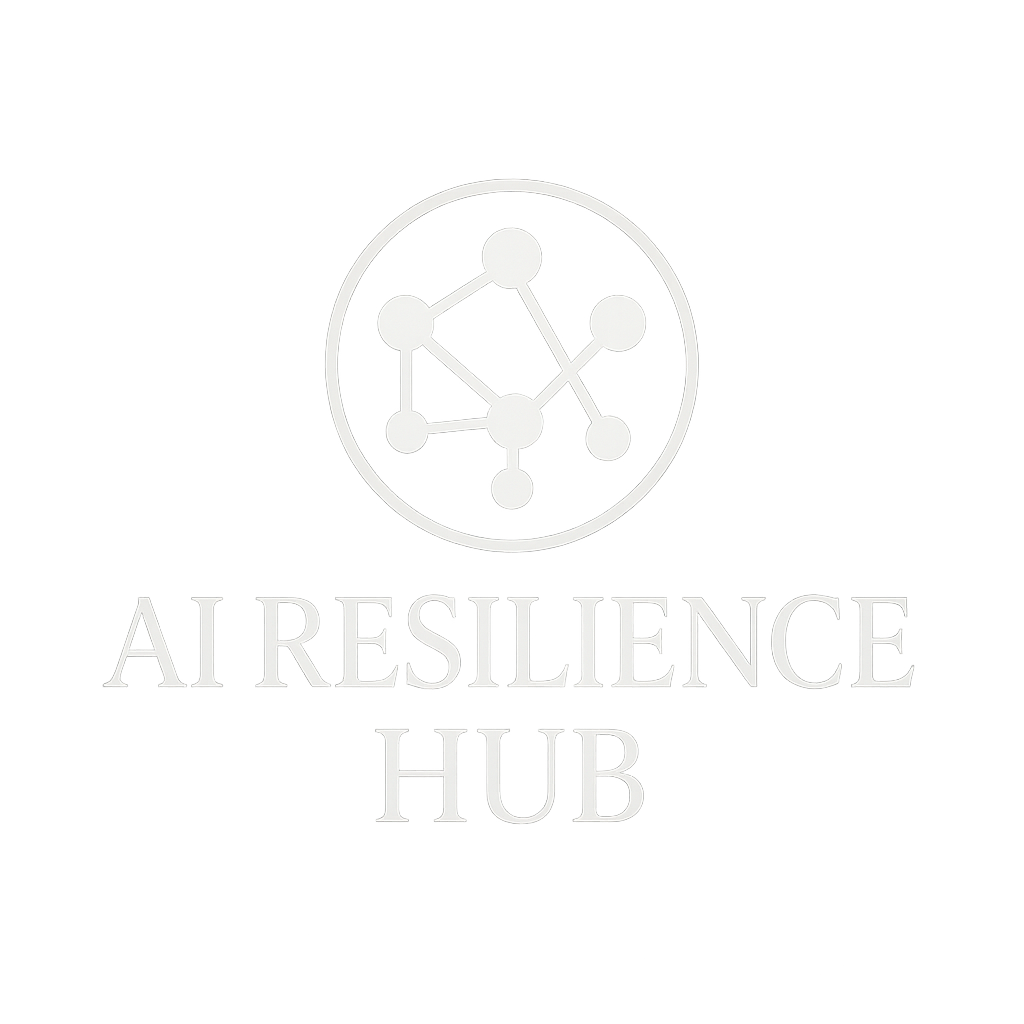The Supply Chain Industry Is Still in Its First Generation of Leaders

When you take a step back, it’s wild to realize this:
The modern supply chain industry is barely forty years old.
That means the people running global operations today are part of the first generation to ever build their entire careers in this field.
The Founders of Modern Supply Chain
Most of the veterans we look up to didn’t start with “supply chain” in their job title.
They were logistics managers, purchasing agents, plant supervisors, or operations leads.
They learned everything the hard way — through late nights, delayed shipments, and handwritten bills of lading.
There were no degree programs. No formal mentorship pipelines.
Just people figuring it out as they went, often building the systems that would later define the industry.
They were the pioneers — and we’re the inheritors.
The Bridge Generation
Now, we’re standing in the middle of a massive transition.
We’re the bridge between manual processes and machine learning.
Between faxed POs and AI-driven predictive analytics.
Between “get it done” and “get it done right.”
We understand the chaos, but we also crave the why.
We want to lead teams that don’t just perform, but evolve.
And that’s something no generation before us was truly equipped to do — not because they didn’t care, but because they were too busy building the foundation we now stand on.
The Next Wave
The generation entering the workforce today will never know what it’s like to manage operations without real-time data.
They’ll never track freight with paper logs or fight through supply chain blind spots that older pros once saw daily.
But what they’ll need more than technology is leadership —
people who can help them see the human side of an industry that’s increasingly defined by automation.
We’re Still Forging the Chain
So when you look around and feel like there aren’t enough mentors, you’re not imagining it.
The industry is still young. The wisdom is still being written.
And that’s the opportunity:
To not just manage the chain — but to forge it.
To leave behind systems and stories that guide the next generation of leaders who will one day stand where we are now.
Because supply chain isn’t just about moving product.
It’s about moving people forward.
